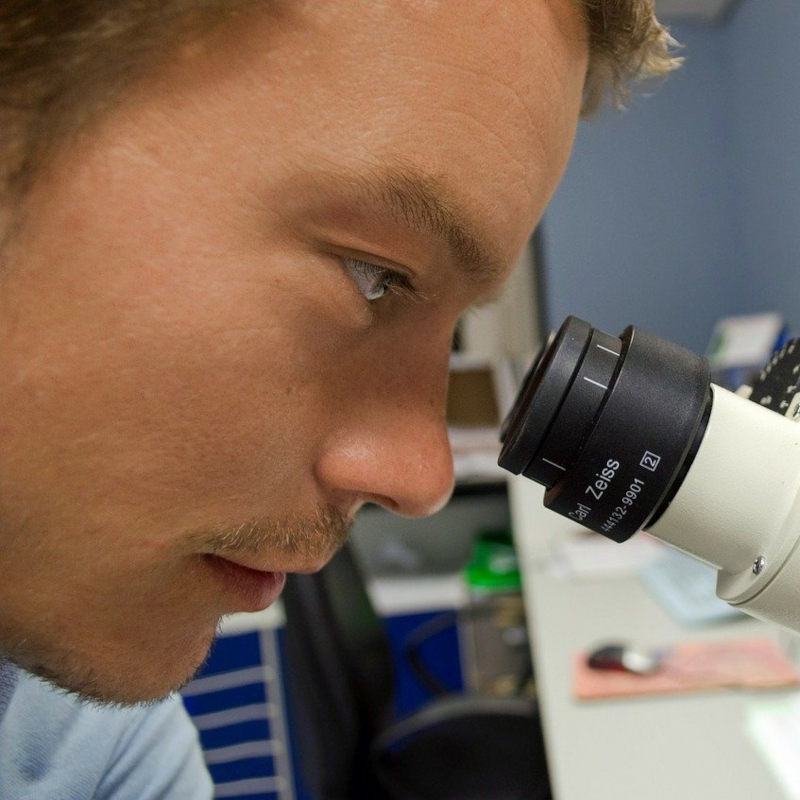We spoke with members of the Proceedings B Preprint team about their experience reviewing preprints and how this contributes to their feelings of inclusion within the wider scientific community.

As the theme of this year’s Peer Review Week focuses on identity, members of the Proceedings B Preprint team share their thoughts and experiences of peer review and how they felt that being involved in reviewing manuscripts added to their personal feeling of ‘identity’ within the research community.
The Proceedings B preprints process
In 2017, Proceedings B embarked on a new initiative to broaden the scope of papers published and to raise awareness of the journal. This initiative centred on soliciting papers deposited in the preprint server bioRxiv with the aim of increasing the disciplinary breadth of the journal beyond the core areas of behaviour, evolution, and ecology that make up the bulk of journal submissions. Preprint Editor, Dr Maurine Neiman formed a preprint editorial team made up of about 20 members of undergraduate students, graduate students and postdocs from University of Iowa, allowing them the opportunity to interact directly with peer review and the scientific publishing process. Together, they formulated a process whereby each member was designated a particular subject area in bioRxiv and would scan through manuscripts on a monthly basis. The team carefully assessed promising papers and authors of those papers were then invited to submit to the journal. This produced a successful process whereby promising papers were solicited by the team, and subsequently many have been published in the journal.
Engaging early career researchers
Central to the success of this initiative are the early career researchers (ECRs) who make up the preprint team. For many, this is a first and also unique opportunity to be involved in scientific reviewing and in the publishing process. An informal survey of the preprint team (in a recently published Proceedings B paper) found that most ECRs felt able to identify more with the research community and had a feeling of being ‘included’. Engaging in regular review of preprints made them more aware of key aspects of the publishing process such as the peer review, editorial handling and the scope or ‘fit’ of research journals and was also a good experience if they wished to be a journal editor in the future. Most agreed that participation in the preprint group had improved their academic career, and overwhelmingly indicated their work with the group aided their awareness of their research area and allowed them to stay on top of new developments in their field.
A few preprint team members share their thoughts on the link between preprints and peer review
“Reviewing a manuscript is not only a huge responsibility but also a privilege. It is an opportunity to contribute to, and influence the scientific space in ways other than authorship. It is not often that trainees and non-experts receive the opportunity to review a paper, so being given this opportunity to review manuscripts and contribute to the journey of a manuscript from being authored to being published certainly creates a sense of identity and belonging within the research community. It is also a rich learning experience for trainees to be on the other side of authoring a paper and to be able to critically evaluate it in the early stages of the review process.” - Reeti Mayur Sanghrajka
“To me, getting involved in reviewing is not only an essential contribution to the academic community, but with every invitation I also feel a sense of belonging and my expertise being valued. Getting your first invitation(s) to write a review report about someone else's manuscript is a huge milestone that marks that you are being recognised as having established an expertise on a topic, and that the editor would appreciate your help with assessing the quality of a submitted piece of work. I also think that reviewing others work provides an important training opportunity, especially to early-career researchers, because you are exposed to different writing styles, you have to think very hard about the analysis of a dataset or experiment that you weren't involved in from the planning phase, and you have to judge whether the author did a good job in explaining their rationale and their lines of thought. Learning from others work and giving constructive feedback, mentioning both what you didn't like about the study but also which bits you do like, are super important, and sometimes underestimated, skills to learn”. - Friederike Hillemann

“Receiving my first invitation to review a manuscript felt like a rite of passage, in a way. I still get a little thrill whenever I see an invitation, as it makes me feel like I am a member of my professional community, and that my contributions are valuable to keeping the field moving forward. I think the manuscript writing and peer review process can feel like a black box before you get to participate yourself, but I also work hard to convey my experiences to my students to help make them less mysterious.” - Robin K. Bagley
Proceedings B is looking to hear from more early career researchers about their thoughts and experiences of peer review. We welcome any feedback to be sent to proceedingsb@royalsociety.org.
Images
Original preprint team in 2017 (image credit: Ray Tallent, University of Iowa)
Robin K. Bagley (image credit: Jill R Bagley)




